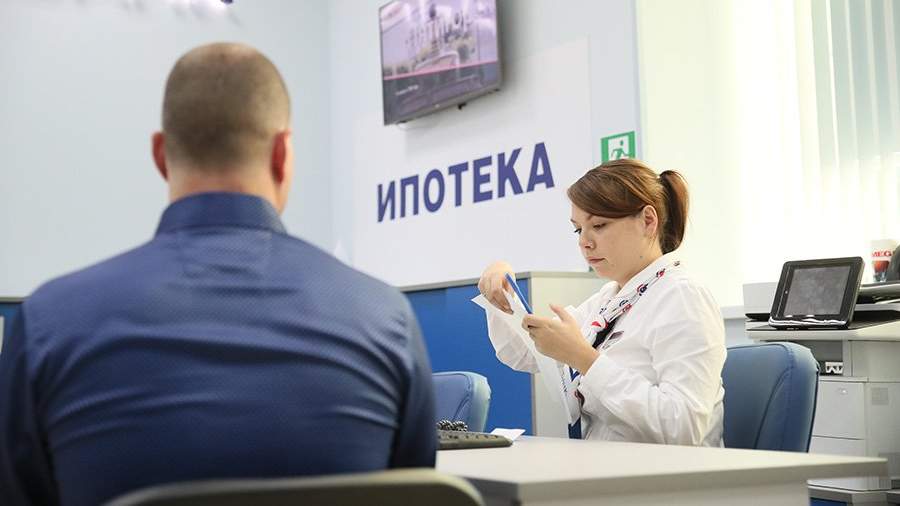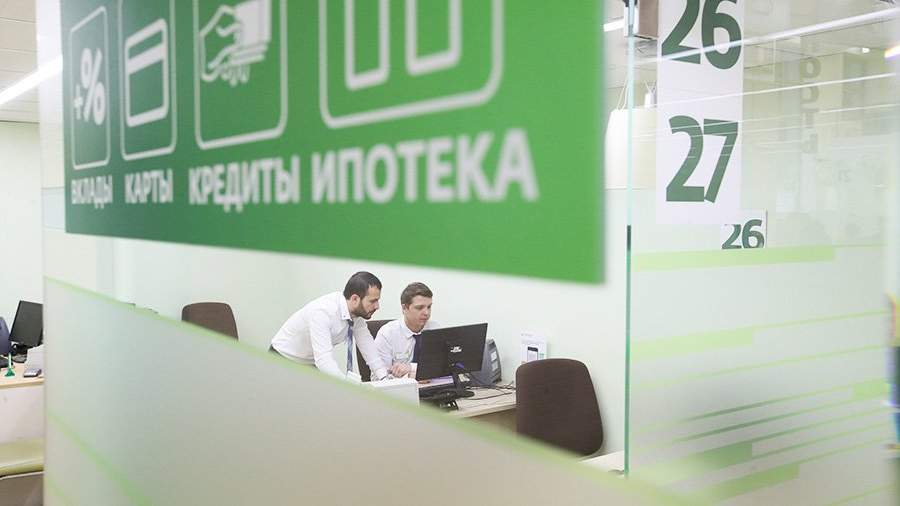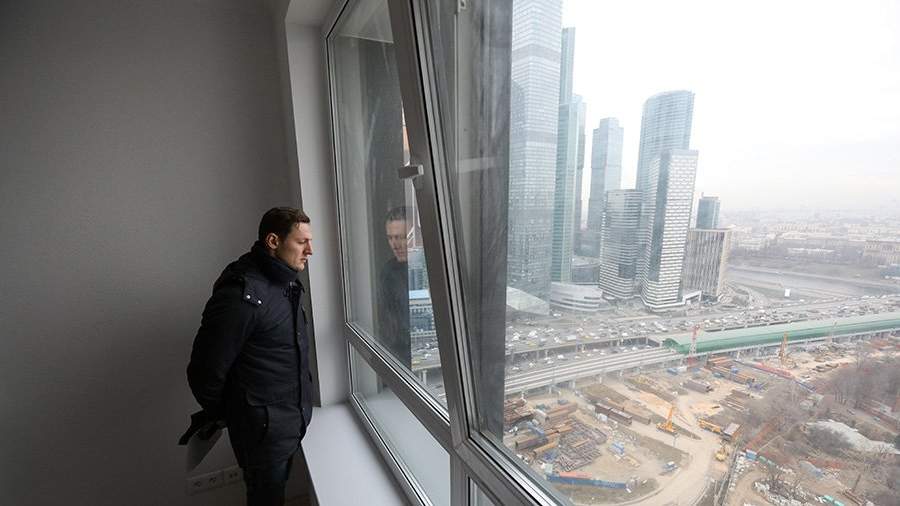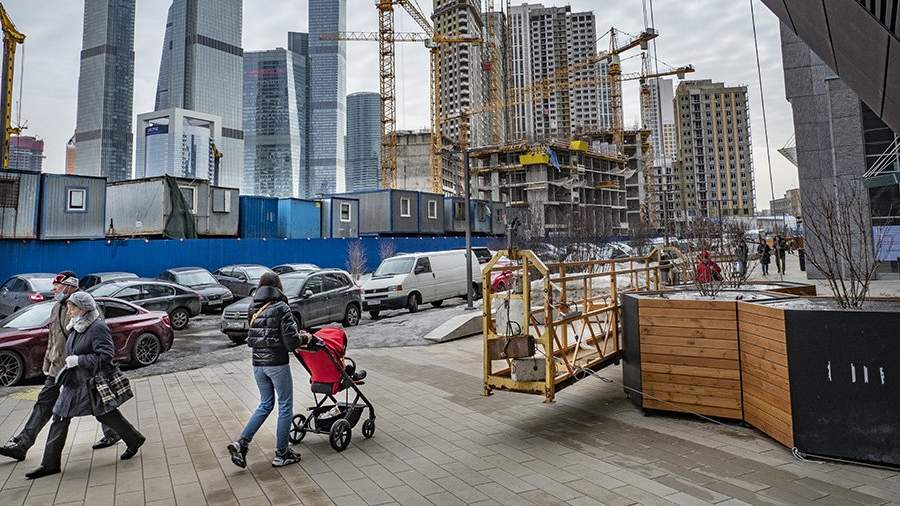At the end of April, Online-Ipoteka, an online mortgage supermarket, reported that about a third of Russians who received a positive decision from the bank on their mortgage application would later refuse a loan in order to take it out on more favorable terms. According to analysts, more than half of citizens who voluntarily rejected mortgages expect to get a loan at a rate below 7.5% per annum. Experts told Izvestia what this trend is connected with and what changes in mortgage terms have taken place this year.
Table Of Contents [hide]
Mortgage refuseniks
The portal Online-Ipoteka announced a new trend in the mortgage market. According to analysts, about a third of Russians who have received a positive decision from the bank on a mortgage application, subsequently refuse a loan in order to take it out on more favorable terms. At the same time, according to analysts, more than half of citizens who voluntarily rejected mortgages expect to receive a loan at a rate below 7.5% per annum.
About 20% of “refuseniks” are not satisfied with the proposed loan terms: they want to pay off the bank in a maximum of 10 years, while their income allows them to do this in 20 or more years.
Approximately 15% of citizens who massively refused mortgages subsequently rent housing, about 10% of potential borrowers expect lower rates or lower prices for apartments. Another 5% of such clients interrupt communication with the bank without giving any reason. Experts believe that the share of voluntary refusals from mortgages can be reduced if we start developing financial literacy programs in the country.
Meanwhile, as experts interviewed by Izvestia explain, over the past year, several events have taken place in Russia at once, which greatly affected the real estate market.
Benefit destroyed
As the financial expert and managing partner of the investment company Gls Invest Eduard Bugurov explains, at the beginning of 2020, there was a mortgage boom in the country.
– According to Rosreestr, the Russians broke the record in 2018 – banks issued mortgage loans in the amount of 4.3 trillion rubles, – the expert explains.
However, then the coronavirus pandemic came into play: according to Pavel Antonin, general director of the Kvadrat real estate center, due to COVID-19, the stock market collapsed along with oil prices, and the ruble exchange rate fell sharply. But every time the national currency falls, the number of real estate transactions grows: people want to save their money.
If in April 2020 there was a decline in the real estate market due to a pandemic, then by June the real estate market had revived greatly, says Eduard Bugurov. This was due to the state program for subsidizing mortgage rates.
– But as soon as the borrowers began to take out massively “cheap” mortgages, developers raised the price per square meter by an average of 10-15%. For the buyer, all the benefits from the reduced rate were destroyed by a sharp rise in prices, – says the source of Izvestia.
Buy or rent
According to experts, a unique situation has developed on the real estate market today. The Russians refuse from already approved loans, and in the overwhelming majority of cases, the reason for the refusals is related precisely to the increased rates.
– Borrowers are counting on concessional lending and a rate of no more than 7.5% – this is possible only with government subsidies, – explains Eduard Bugurov.
According to the expert, if earlier the preferential mortgage at least somehow compensated for the rise in the cost of “squares” for the borrower, now, without benefits and taking into account the price increased by 15%, their own housing has become unaffordable for many.
Today, every tenth person who has refused an approved mortgage believes that renting an apartment is more profitable than buying. Meanwhile, according to the head of the mortgage department of the BSA group of companies and an expert in the field of mortgage lending, Runar Burganov, in the next 3-4 months, mortgage will still remain the most popular way of buying real estate in Russia.
“The rates for the standard programs of banks, of course, are slightly higher than the rates for state support, but much lower than those that were just a couple of years ago,” says the source of Izvestia.
Waiting for growth
Meanwhile, while Russians are striving to find the most favorable conditions for mortgages, experts predict an increase in mortgage rates in the second half of 2021. As Maria Litinetskaya, managing partner of Metrium (member of the CBRE partner network), explains, this is primarily due to the completion or change of the format of the program for subsidizing housing loans.
However, until a final decision is made on these programs, it is not possible to predict specific growth rates.
– Another reason why mortgages will become more expensive is the increase in the key rate. This is a forced measure, since the acceleration of inflation is now a serious global threat, explains Maria Litinetskaya.
To minimize the negative consequences of such phenomena, the Bank of Russia decided to gradually raise the key rate, and this will inevitably affect the situation with the mortgage. However, if the rise in mortgage prices is still predicted by experts, house prices are already rising.
So, in the first three months of 2021, the weighted average cost per square meter in the mass segment of new buildings in the capital (excluding New Moscow) reached 225 thousand rubles, which is 8.4% more than at the end of 2020, and 21.1% higher than in the same period last year.
– A number of other factors besides mortgages affect the price of residential property. These include, in particular, the devaluation of the ruble, the rise in the cost of building materials and fuel, as well as a shortage of workers at the facilities, says Maria Litinetskaya.
Alternative options
But if the prospects for mortgages in Russia are still very vague, are there real alternatives to it? Runar Burganov calls one of them an installment plan. Most often, developers have conditions for installments, according to which the first installment is 30–50% of the cost of an apartment with an installment plan of 6–12 months.
– Its plus is a quick procedure of paperwork and the ability to quickly buy an apartment without waiting for the bank’s approval. Another advantage is that real estate will not be pledged by a commercial institution, – says the source of Izvestia.
However, The installment plan has its drawbacks. Among them are a large amount for a down payment, large monthly payments and a short term compared to a mortgage.
As Runar Burganov explains, Usually, the installment plan is chosen by those people who do not have the opportunity to take a mortgage from the bank (unofficial income) or they expect a large amount of money to come soon – for example, from the sale of other real estate.
However, both by installments and leasing Maria Litinetskaya calls rather piece offers. Much more widespread is the trade-in service, which involves the sale of the buyer’s real estate and the use of the funds received to buy a new home.
“The key advantage of such a mechanism is that all the hassle of selling an old apartment is taken over by the developer or the real estate agency he attracts,” the expert says.
According to Litinetskaya, thanks to such features of trade-in, it is possible to quickly and profitably sell real estate, as well as save the client’s time and energy. And you shouldn’t discount the possibility of getting additional discounts from the developer.




